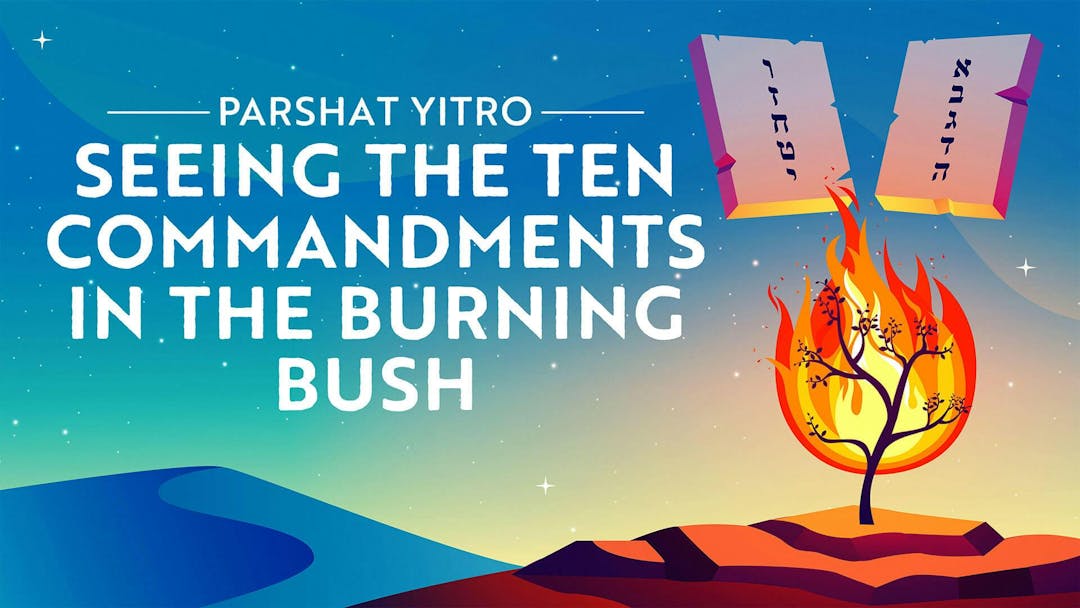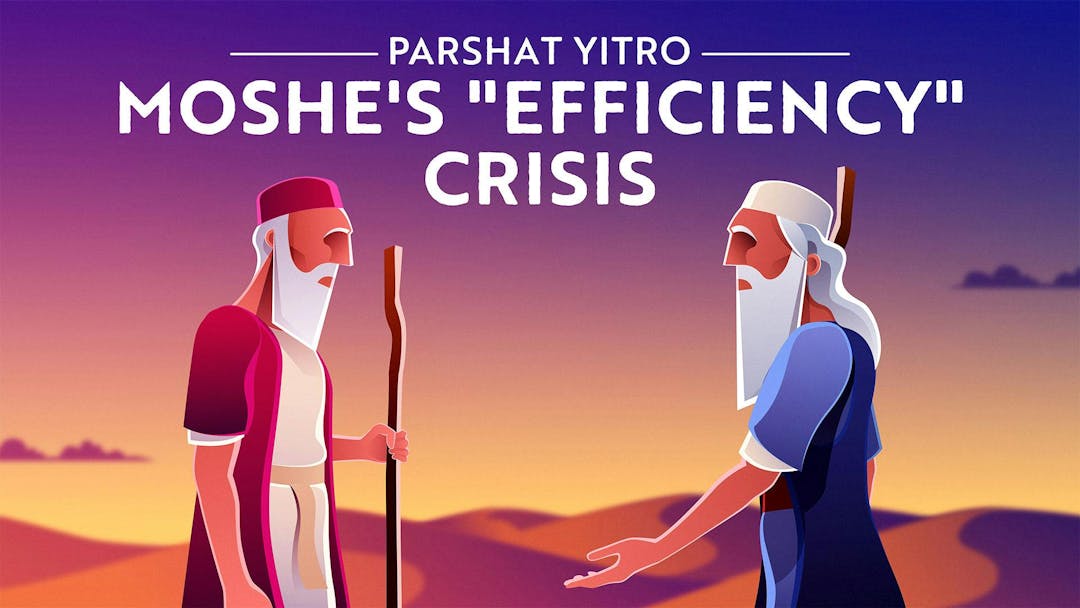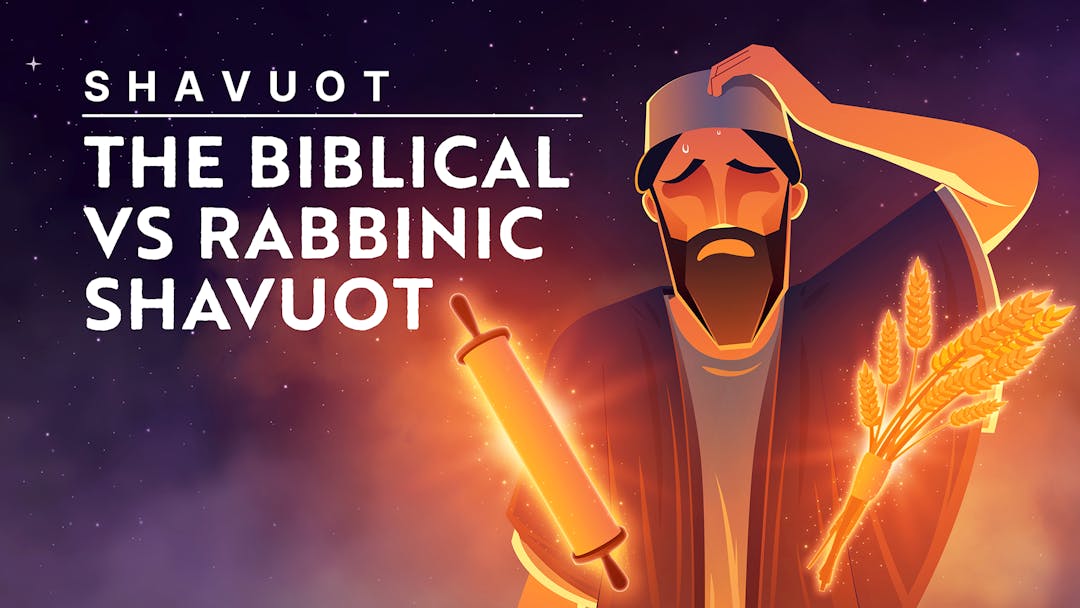Start your free trial today to unlock the full library and enjoy unlimited and uninterrupted access.
Get StartedThe Marriage Of God And Israel
Mount Sinai Was Actually a Wedding Ceremony?!
The Bible talks about a "marriage" between God and Israel at Sinai, but what does that really mean?
In Parshat Yitro, we read the most important piece in the narrative of the Jewish people, the giving of the Torah on Mt. Sinai, when the nation of Israel and God are 'married.'
Curiously, before that story, we have two short stories about Yitro, Moses's father-in-law, first when he throws a feast to celebrate the salvation, and then when he advises Moses to set up a court system. How do these stories relate to both Moses's first meeting with Yitro and the marriage between the people and God?
In this video, Rabbi Fohrman connects these stories to uncover a clue to understanding how we, too, can keep the marriage between God and Israel today.
What is Aleph Beta?
Aleph Beta is a unique kind of Torah library. Led by our founder, Rabbi David Fohrman, we are dedicated to high-level, textual Torah learning for adults that is intellectually and spiritually sophisticated, that enlivens your Jewish practice and helps you forge a deeper connection to God. Whether you’ve been learning in yeshiva for years or you’re just beginning your Torah journey, you’re sure to find something meaningful and surprising waiting for you here.
Browse our library of over 1,000 beautifully produced animated videos, podcasts, deep dive courses, and printable guides. Topics include the weekly parsha, Jewish holidays & fast days, laws & mitzvot, prayers, relationships, big philosophical ideas and more. Have something to say at the Shabbos table that will amaze your family and guests and bring deep meaning into their lives.











